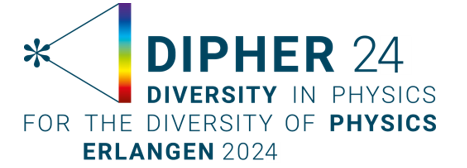Speaker
Description
In recent years, the issue of gender-inclusive language use has ignited increasingly controversial debates across various countries and language communities. In languages with grammatical gender, this particularly concerns the use of alternative forms for so-called masculine generic terms. While some argue that the gendered meaning of masculine forms can be neutralized – allowing these terms to refer to individuals regardless of gender –, others state that masculine forms are primarily associated with persons of male gender in cognitive processing.
This talk aims to shed light on how insights from linguistic research can contribute to a more nuanced understanding of this topic. We will begin by defining what ‘gender-inclusive language use’ entails and exploring some gender-inclusive language forms currently under discussion in languages such as German, Spanish, and French. We will then critically examine common arguments for and against gender-inclusive language use from a linguistic point of view, drawing on findings from recent psycholinguistic research. Finally, we will identify areas that warrant further investigation and discuss some societal questions that remain to be addressed.

